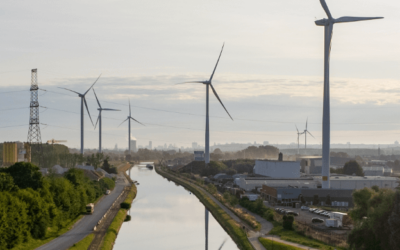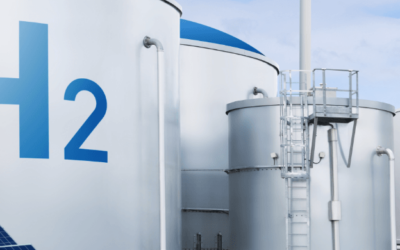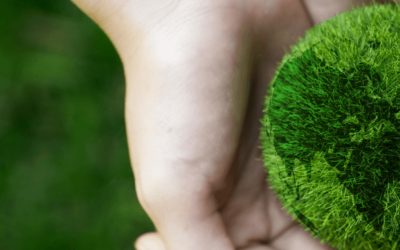It has been eagerly anticipated for some time: the new Dutch funding tool for scaling up hydrogen production through electrolysis. A draft grant scheme was published recently, the launch of which coincided with an ‘Internet Consultation’. This article contains an update on the grant scheme: what form will it take on, and who will be eligible to apply for the grant (and when)?
What is this tool for scaling up hydrogen production all about?
The plans for a new tool to scale up hydrogen production did not appear out of the blue: it is an established fact that hydrogen can contribute significantly to achieving our climate targets. However, the hydrogen must be clean and produced sustainably, and to facilitate this, the Dutch government is investing 250 million euros in this scale-up tool and will provide grants for the construction of several electrolysers.
We previously wrote about these plans at the start of this year (see this article). The grant scheme is currently being prepared, but a draft version was published recently to enable interested parties to respond to the proposed plans (through what is known as an ‘Internet Consultation’).
What will the proposed grant scheme involve?
The working name for the scale-up tool is Subsidie opschaling waterstofproductie via elektrolyse (‘Grant Scheme for Upscaling Hydrogen Production through Electrolysis’). Below is an outline of the plans.
- The scheme is aimed at companies interested in constructing a hydrogen production system (electrolyser). They can apply for the grant by making a bid (the grant scheme is explained in the next paragraph).
- Grants are provided exclusively for the construction of electrolysers with a minimal nominal electrical input capacity of 0.5 MW and a maximum capacity of 50 MW. In addition, the system must be intended for hydrogen production at 30 bar (additional compression is permitted but is not eligible under the scheme).
- The proposed system must produce hydrogen in the Netherlands based on sustainable energy (e.g. wind farms or solar parks). If the system also produces non-renewable hydrogen, the greenhouse gas emission reduction of the hydrogen produced must be at least 70%.
Grant system, budget and application rounds (tenders)
The grant is intended as a contribution to cover investment and operational expenses. The distribution of the grants is similar to that under the SDE++ scheme, and will initially proceed in the order of ranking. Those eligible under the new scheme can apply for a grant for a specific ranking amount (i.e. grant requested per MW). The project with the lowest ranking amount is the first to receive a grant, followed by number 2, etc.
The current plans provide for a grant budget of 250 million euros; the Dutch government intends to use this amount for the construction of 2 to 5 electrolysis plants (and the same number of grant allocations). This is obviously disappointing for applicants which had their sights set on more. New application rounds may follow with additional budgets, although there are currently no specific plans in place as yet.
When will the grant scheme be open for applications?
The exact effective date for the new scheme and the start of the tender have not yet been established. While applications will likely be open only from 1 January 2023, this date may be brought forward to late 2022; this depends in part on approval from the European Commission.
(UPDATE: More recent sources mention ‘March 2023’ as the expected publication date for this first tender).
We currently cannot provide information on any further tenders (or possible budget supplements) but will keep you updated on any further developments in this area. Interested parties can sign up for the monthly EGEN newsletter, or follow us on LinkedIn.
For those who would like to share their input on the draft grant scheme: the related Internet Consultation will run until 28 August 2022 and is available here (in Dutch only).
What can EGEN do for you?
EGEN’s experts are well-informed about the latest developments related to hydrogen, including advances in technology, practical experiments and funding opportunities. We would be delighted to support those working on new hydrogen technologies and are also experienced in performing calculations of greenhouse gas emission reduction. If you would like to know more about our services, feel free to call us on +31 (0)88 838 13 81 or send us a message using the contact form below.


